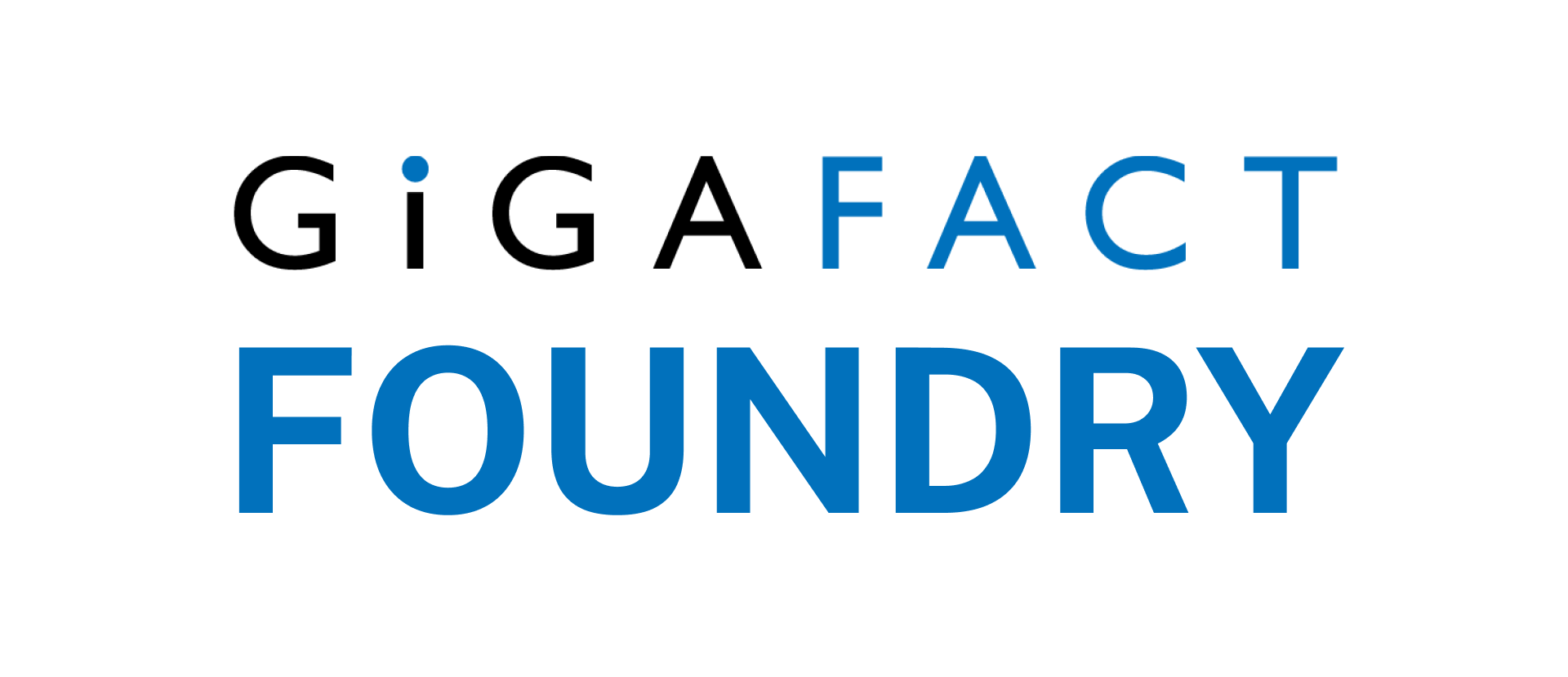Wednesday, Jan. 19, 2022
Did Biden pause distribution of some COVID-19 monoclonal antibody treatments?
On Dec. 23, 2021, the Biden administration temporarily halted the distribution of specific monoclonal antibody treatments over concerns that they may be ineffective against the omicron variant of COVID-19. Two of the treatments affected were those manufactured by Regeneron Pharmaceuticals and Eli Lilly. Shipments of Sotrovimab, another monoclonal antibody manufactured by GlaxoSmithKline and Vir Biotechnology, were not halted, as the drug was found to be effective against omicron.
On Dec. 29, 2021, distribution of Regeneron and Eli Lilly's treatments was resumed. However, given their lack of efficacy against omicron, these treatments are only being shipped to regions where the latest variant makes up less than 80% of cases. Exceptions are made for treatment sites capable of distinguishing between variants via testing.
Omicron is currently responsible for 99.5% of COVID-19 cases nationwide, according to the Centers for Disease Control.
This fact brief is responsive to conversations such as this one.
Sources
- Public Health Emergency (Department of Health And Human Services) ASPR pauses allocation of bamlanivimab and etesevimab together, etesevimab alone, and REGEN-COV
- Public Health Emergency (Department of Health And Human Services) Allocation of Bamlanivimab/etesevimab and REGEN-COV Therapeutics
- Centers for Disease Control CDC COVID Data Tracker
About fact briefs
Fact briefs are bite-sized, well-sourced explanations that offer clear "yes" or "no" answers to questions, confusions, and unsupported claims circulating online. They rely on publicly available data and documents, often from the original source. Fact briefs are written and published by newsrooms in the Gigafact network.
See all fact briefs
Between 2020 and 2022, under close editorial supervision, Gigafact contracted a group of freelance writers and editors to test the concepts for fact briefs and provide inputs to our software development process. We call this effort Gigafact Foundry. Over the course of these two years, Gigafact Foundry writers published over 1500 fact briefs in response to claims they found online. Their important work forms the basis of Gigafact formats and editorial guidelines, and is available to the public on Gigafact.org. Readers should be aware that while there is still a lot of relevant information to be found, not all fact briefs produced by Gigafact Foundry reflect Gigafact's current methods and standards for fact briefs. If you come across any that you feel are out of date and need to be looked at with fresh eyes, don't hesitate to contact us at support@gigafact.org.
Learn MoreLatest Fact Briefs
Is there a scientific consensus that life begins at conception?
Thursday, Aug. 4, 2022
Do countries around the world subsidize fossil fuels?
Wednesday, Aug. 3, 2022
Is the repeal of Roe v. Wade expected to increase the maternal death rate?
Wednesday, Jul. 27, 2022
